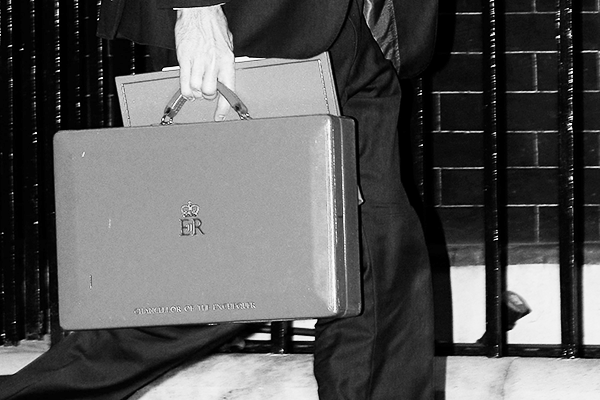The overnight pre-briefing promised a ‘big’ budget. George Osborne’s announcements today certainly lived up to the billing.
In the first Budget under a purely Conservative administration for 19 years, George Osborne sought to claim the mantle of the “workers’ party” from Labour: a budget for working people, creating a lower tax, lower welfare UK.
The Chancellor did indeed cut some taxes – but froze public sector pay. He slashed billions from welfare – but introduced a new Living Wage.
In the March Budget, the Office of Budget Responsibility (OBR) described planned spending cuts as a “rollercoaster ride”: sharp cuts for two years, with a spending splurge prior to the 2020 election. Today, the OBR said spending had been “loosened considerably”, to the tune of £83.3bn over the current parliament than thought earlier this year – as well as tax cuts costing £24.6bn.
So how has he financed these giveaways? The OBR points to five sources:
- Tax increases of £47.2bn, including earlier Corporation Tax payments for companies with over £20m in profits; big increases in dividend taxation and insurance premium tax; and cuts in pension tax relief
- Welfare cuts, raising £34.9bn – the most lucrative of which are a four-year freeze in most working-age benefits and reductions in income thresholds in tax credits and work allowances in UC
- Other spending decisions which together raise £8.1bn and include a cut in funding for the BBC which reaches £745m in 2020-21
- £14.2bn of indirect effects from the above decisions, including higher tax and NICs receipts
- £3.5bn of extra borrowing over the Parliament, on top of the £14.6 billion increase implied by the OBR’s pre-measures forecast
In smoothing out the path to putting the government’s books back in the black, Mr Osborne announced a new fiscal charter: debt falling as a share of GDP every year, and surplus delayed by a year to 2019/20.
He also confirmed governments will be compelled to run a surplus in “normal times”, defined as years with real GDP growth of over 1% a year. MPs will vote on the measure in the autumn: a potential political trap for the new Labour leader.
[raw]
